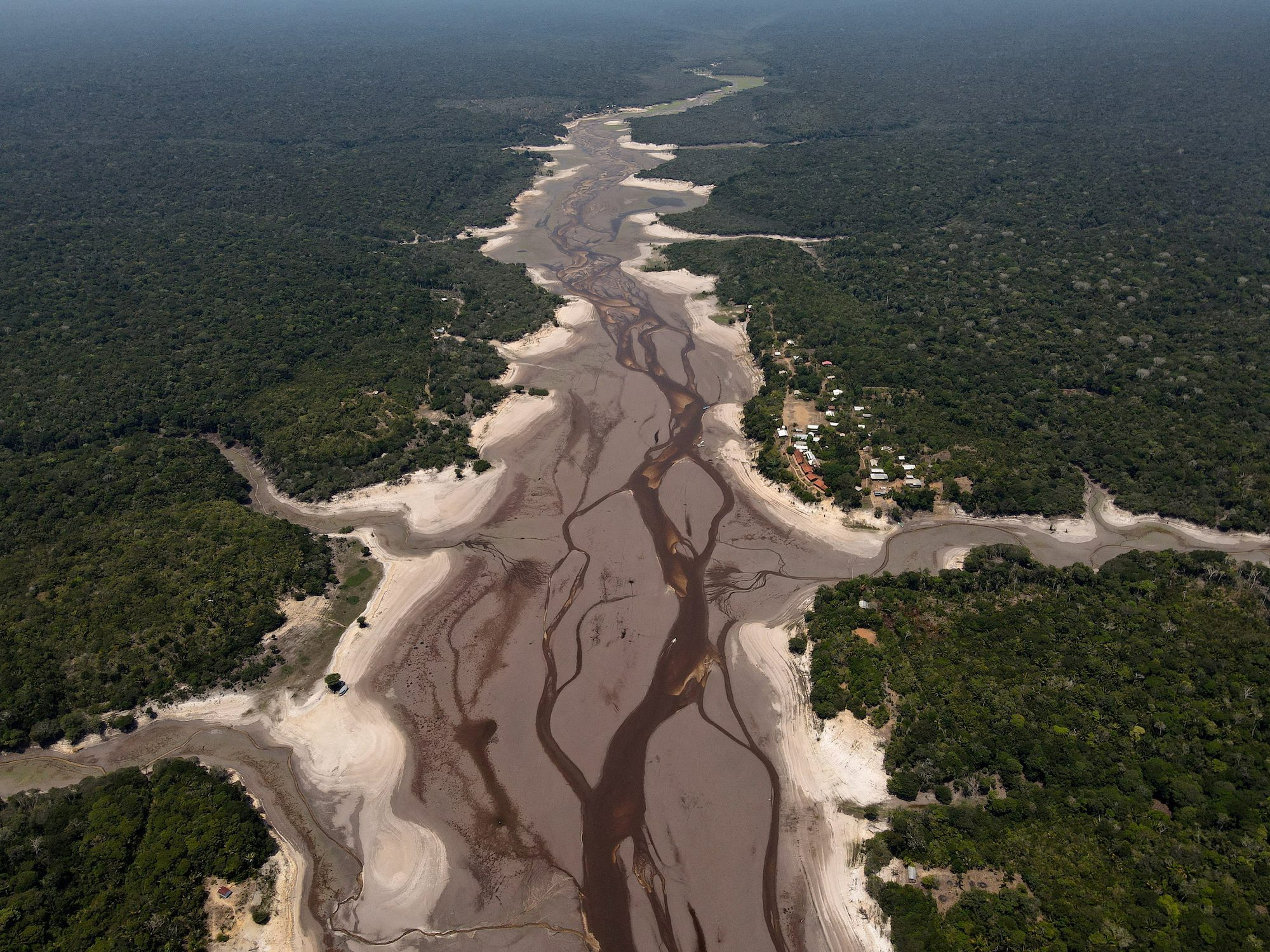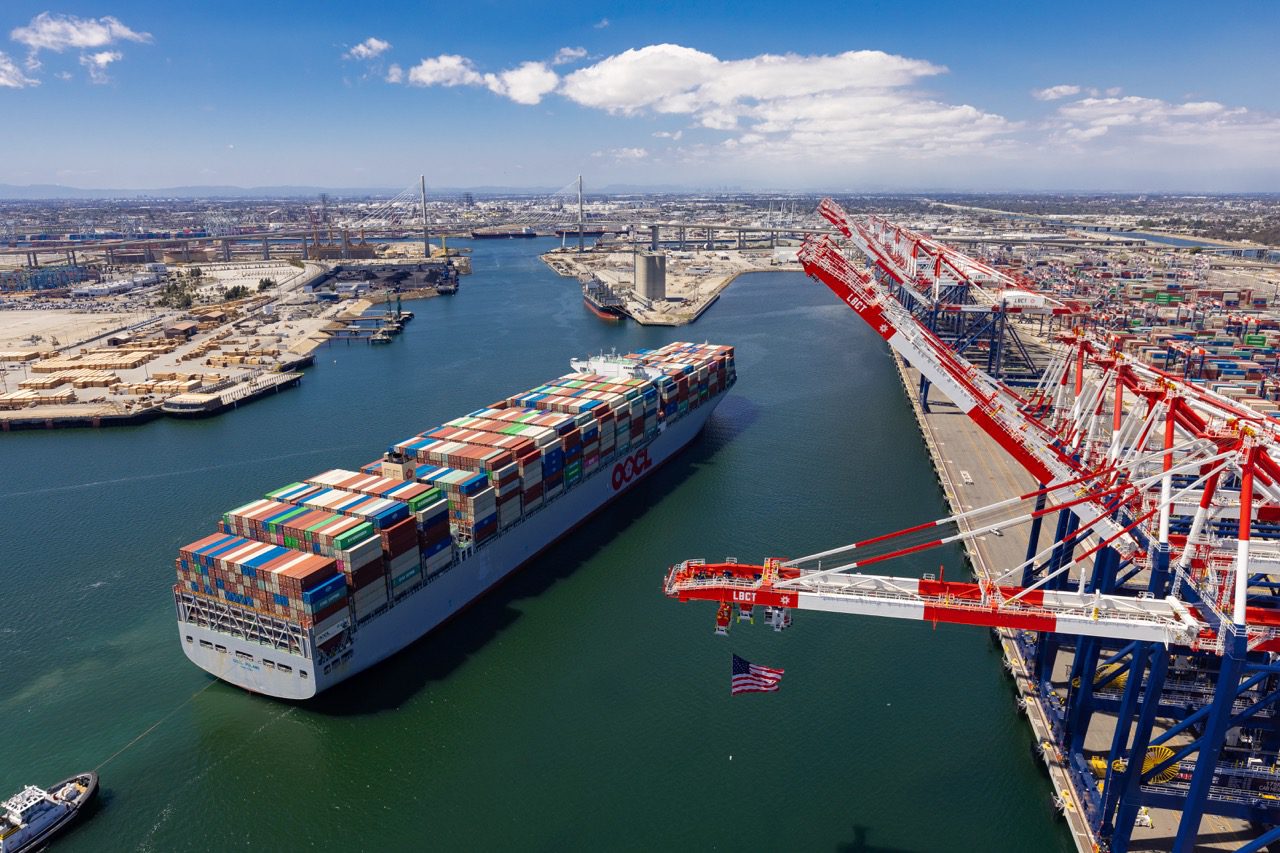(Bloomberg) —
A severe drought in the Amazon region is disrupting grain shipments more than anticipated, according to one of Brazil’s top barge operators.
Unable to move its barges filled with products like corn and soybeans, Hidrovias do Brasil SA is forecasting lower results for this year than previously predicted, company executives said on an earnings call Tuesday.
“The situation escalated very abruptly,” Chief Executive Officer Fabio Abreu Schettino said.
The company operates along a route known as the Northern Arc, an array of ports along the Amazon and northeastern Atlantic coast that transport crops from farms in central Brazil. According to the company’s own measurements at one of the rivers in the region, water levels are about 40% lower than they were in the same period last year.
The drought reduces the amount of cargo that can be shipped, and forces volumes to be split into smaller portions so barges can make it through critical points where rivers are at their lowest. Due to such difficulties and the expectation of maintenance downtime, Hidrovias cut its guidance.
Earnings before interest, taxes, depreciation and amortization will reach no more than 770 million reais ($158 million) this year, the company said in a filing. That’s nearly 15% lower than previous market expectations, according to a report by XP Investimentos. The company will incur high costs from inefficient operations, analysts led by Pedro Bueno wrote in the report.
While Hidrovias expects water levels to recover in the coming months, the Amazon dryness already has had consequences across Brazil’s entire logistics system. That’s because grain exports are getting rerouted to crowded ports in the southeast. As farmers harvest bumper crops of grains and a record sugar crop, ships are waiting as much as 40 days to load sugar at Brazil’s largest port.
© 2023 Bloomberg L.P.

 Join The Club
Join The Club











